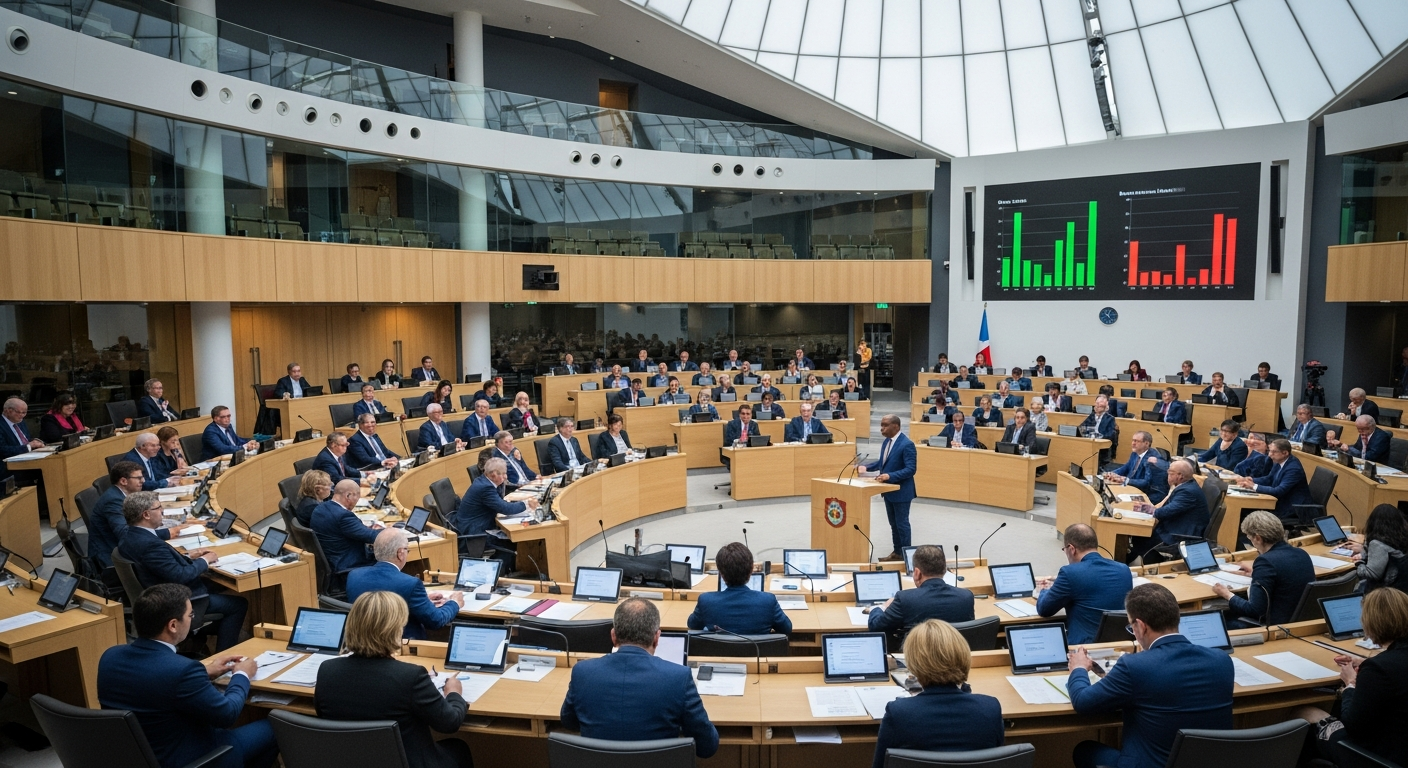Legal Implications of Smart Contracts in the Digital Age
Introduction: The rise of blockchain technology has ushered in a new era of digital agreements, with smart contracts at the forefront. These self-executing contracts, encoded on blockchain platforms, are revolutionizing traditional legal frameworks and challenging established notions of contract law. As businesses and individuals increasingly adopt smart contracts, legal systems worldwide grapple with their implications and seek to adapt to this technological shift.

The Legal Status of Smart Contracts
The legal recognition of smart contracts varies across jurisdictions. Some countries, like the United States, have begun to address smart contracts in legislation. For instance, Arizona passed a law in 2017 recognizing smart contracts as legally binding. However, many jurisdictions are still in the process of determining how to classify and regulate these digital agreements within existing legal frameworks.
Challenges in Contract Formation
Traditional contract law relies heavily on concepts like offer, acceptance, and consideration. Smart contracts challenge these notions by automating the execution process. Questions arise about how to interpret intent and mutual assent in the context of code-based agreements. Legal professionals and lawmakers are working to bridge the gap between traditional contract principles and the unique characteristics of smart contracts.
Enforceability and Dispute Resolution
The self-executing nature of smart contracts raises questions about enforceability and dispute resolution. While smart contracts aim to eliminate the need for third-party intervention, issues can still arise. Legal systems must adapt to handle disputes involving code execution errors, unforeseen circumstances, or discrepancies between the coded terms and the parties’ intentions. Traditional courts may struggle with the technical aspects of smart contract disputes, leading to the emergence of specialized arbitration mechanisms.
Regulatory Compliance and Smart Contracts
As smart contracts gain popularity, regulatory bodies are faced with the challenge of ensuring compliance with existing laws. Issues such as consumer protection, anti-money laundering regulations, and data privacy laws must be addressed in the context of smart contracts. Regulators are exploring ways to integrate compliance measures into smart contract protocols without compromising the efficiency and autonomy that make these agreements attractive.
Intellectual Property Considerations
The intersection of smart contracts and intellectual property law presents unique challenges. Questions arise about the ownership and protection of the code underlying smart contracts. Additionally, the use of smart contracts in managing intellectual property rights, such as licensing agreements, introduces new legal considerations. Legal professionals are working to adapt existing IP frameworks to accommodate these digital innovations.
Cross-Border Transactions and Jurisdiction
Smart contracts operating on decentralized blockchain networks often transcend geographical boundaries, complicating issues of jurisdiction and applicable law. International legal frameworks must evolve to address the global nature of smart contract transactions. This may involve the development of new international agreements or the adaptation of existing ones to encompass blockchain-based contracts.
The Future of Legal Practice
The proliferation of smart contracts is likely to transform legal practice. Attorneys will need to develop technical literacy to draft, review, and litigate smart contracts effectively. Law schools are beginning to incorporate blockchain and smart contract courses into their curricula to prepare future lawyers for this technological shift. The legal profession may see the emergence of new specializations focused on the intersection of law and blockchain technology.
Conclusion
Smart contracts represent a significant leap forward in the digital evolution of legal agreements. As they continue to gain traction, legal systems worldwide must adapt to address the unique challenges they present. The coming years will likely see a dynamic interplay between technological innovation and legal adaptation, shaping the future of contract law in the digital age. Legal professionals, lawmakers, and technologists must collaborate to create frameworks that harness the benefits of smart contracts while ensuring adequate legal protections and regulatory oversight.






